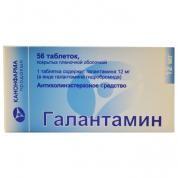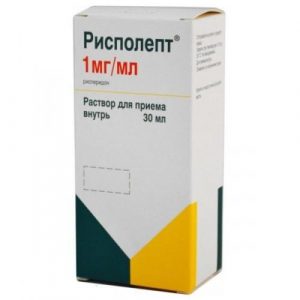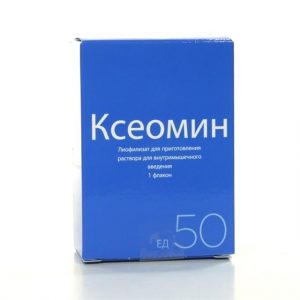Description
Release form
injection
Pharmacological action
Nicergoline is an alpha-adrenergic blocking agent, a synthetic derivative of ergot alkaloids with an attached bromo-substituted nicotinic acid residue. It has a vasodilating (including in relation to the cerebral arteries) action. Improves microcirculation. The contained nicotinic acid residue has a direct myotropic antispasmodic effect on the muscle membrane of blood vessels, increases their permeability to glucose (leveling the opposite effect of the ergoline ring), which is most pronounced in relation to the vessels of the brain and limbs. Improves cerebral, pulmonary and renal blood flow. Reduces the tone of the central vessels, increases arterial blood flow, increases the delivery of oxygen and glucose. In therapeutic doses, it does not affect blood pressure, in patients with hypertension it can cause a gradual moderate decrease in pressure. Reduces platelet aggregation and improves hemorheological parameters. Improves blood circulation in the limbs, especially with circulatory failure due to functional arteriopathies.
Pharmacokinetics
Bioavailability – about 60%. The maximum concentration is determined after 1-1.5 hours. 90% of the drug is metabolized by hydrolysis, demethylation and glucuronidation to 1,6-dimethyl-8-beta-hydroxymethyl-10alpha-methoxyergoline (1-MMDL), 1-hydroxymethyl-6-methyl-8beta-hydroxymethyl-10alpha-methoxyergoline (1-OHMMDL) and 6-methyl-8beta-hydroxymethyl-Yualfa-methoxyergoline (MDL is the main active metabolite). 70-80% of the drug and metabolites are excreted by the kidneys within 70-100 hours after administration. With feces, 20% is excreted. The drug elimination half-life is 2.5 hours, MDL is 12-17 hours, 1-MMDL is 2-4 hours.
Indications
Cerebral circulatory disorders (cerebral arteriosclerosis, cerebral artery thrombosis and thromboembolism, post-traumatic encephalopathy, psychoorganic syndrome) vertigo, migraine peripheral circulation disorder, organic disease and endiopathic fungi, endometriosis and functional diseases cornea, diabetic retinopathy, ischemic optic neuropathy.
Contraindications
Hypersensitivity, arterial hypotension, organic heart lesions, myocardial infarction, angina pectoris, pregnancy, lactation.
Composition
Active ingredient: nicergoline 4 mg
Excipients: tartaric acid – 1.04 mg lactose monohydrate (milk sugar) – 30 mg
Dosage and administration
Intramuscularly, having previously dissolved 0.9% sodium chloride in the attached solution, 2 4 mg 2 times a day.
Dose, duration of therapy depend on the nature of the disease.
Patients with impaired renal function (serum creatinine 2 mg / dL) are recommended to use in lower therapeutic doses.
Side effects
Dyspepsia (nausea, vomiting, diarrhea, abdominal pain) hyperemia of the skin of the face and upper half of the body, fever, sleep disturbances, decreased blood pressure, headache, dizziness, angina pectoris, symptoms of ergotism, cold extremities, pain in the extremities skin allergic reactions.
Overdose
Symptoms: increased severity of side effects, with the exception of allergic reactions.
Treatment: symptomatic therapy.
Storage conditions
In a dark place at a temperature of 2 10 ° C.
Term Expiration
3 years
Deystvuyuschee substances
Nytserholyn
Terms and conditions
prescription
dosage form
injection solution
Microgen NPO, Russia




